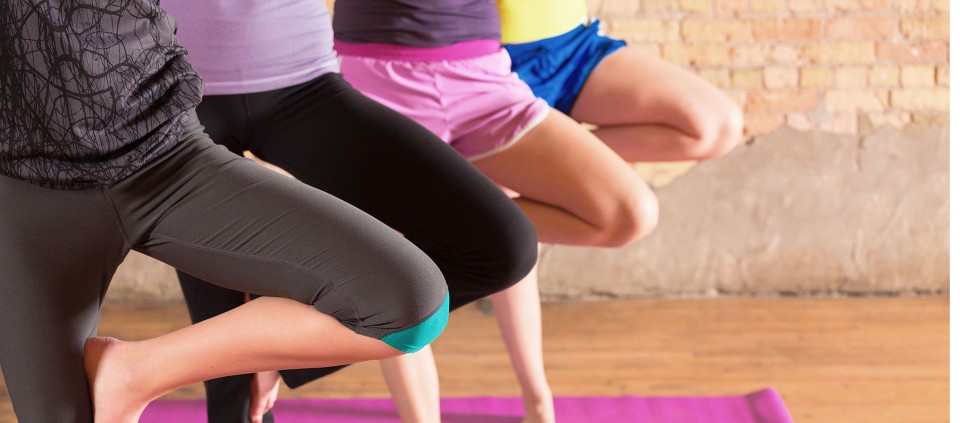Posture, Perception, and People

To “heal your posture,” I always invite clients to practice perceptions rather than positions. I don’t advise them about the set of their shoulders or the placement of their head, but rather try to help them discover an internal sense of balance, and presence with a capital P. You receive a taste of this balance and Presence whenever you truly allow the ground to support your body from below while sustaining your orientation in three-dimensional space (“space” being shorthand for the people, things, and events that occur there).
Too often, our spatial perception is limited to a corridor in front of our eyes, mouth, or hands. Blame it on the internet age, on terrorism, on economic instability, on loss of faith—for each of us there’s a different set of narrowing influences.
Limited Perception = Limited Choice
Spatial delimitation—narrowing of viewpoint—has the effect of reducing the movement articulation of our bodies, our self-expression, and, quite possibly, our opportunities. Further, with only one plane of perception operating, the tendency is to seek balance through relentless forward momentum. So tiring! And when rest comes, it’s collapse rather than repose.
The antidote is something I hope you’ll allow yourself to feel in time: an encompassing spatial perception that helps you find balance, rest, and Presence within your pursuits. It’s worth practicing. And the byproduct is better posture that's automatically sustainable!
Space Practice
Take a minute to perceive the weight of your bones as you sit or stand. Then consider the space behind your body: Turn around and look at it for a minute—observe the shape of the room, the objects placed there, the light. Then turn your back to that space, close your eyes, and imagine that all the little hairs on the skin of your back and legs are receivers. Your skin surface from your heels to the back of your head is enlivened and attuned to the space behind your body.
Or you might imagine that attached to your back is a satellite dish that gathers signals from the space behind.
Open your eyes, and still sustaining your sense of “back space,” look around. It can be tricky at first to sustain your spatial sense while using your eyes, but in time you can develop the knack.
Renew your sense of weight, and then walk around. Be aware of moving through space—cutting through it like the prow of a boat, but also keep track of the space behind you in your wake. Add this back space perception when you practice Tree pose or other balancing challenges.
Space Practice with People
Posture is shaped by our relationships with people. How we perceive ourselves in our interactions with others is the ultimate organizer of posture.
Practice finding your back space while you interact with a neutral person, like the checker at a grocery store. See what it’s like to look, listen, nod, and speak while keeping your wide spatial perception—your “satellite dish”—in the background of your awareness.
Work up to sustaining your spatial sense next time you’re in an exchange with one of the difficult people in your life. I’ve found this can be very helpful in keeping my balance. It's as if the space perception backs me up somehow.
Find out about upcoming programs with Mary Bond at Kripalu.
This article was originally published on Mary’s website, healyourposture.com.
Mary Bond, MA, a Rolf Movement® coach, Registered Somatic Movement Educator, and emerita faculty of the Rolf Institute®, teaches a sensory approach for transforming posture, movement, and worldview internationally.
Full Bio and Programs